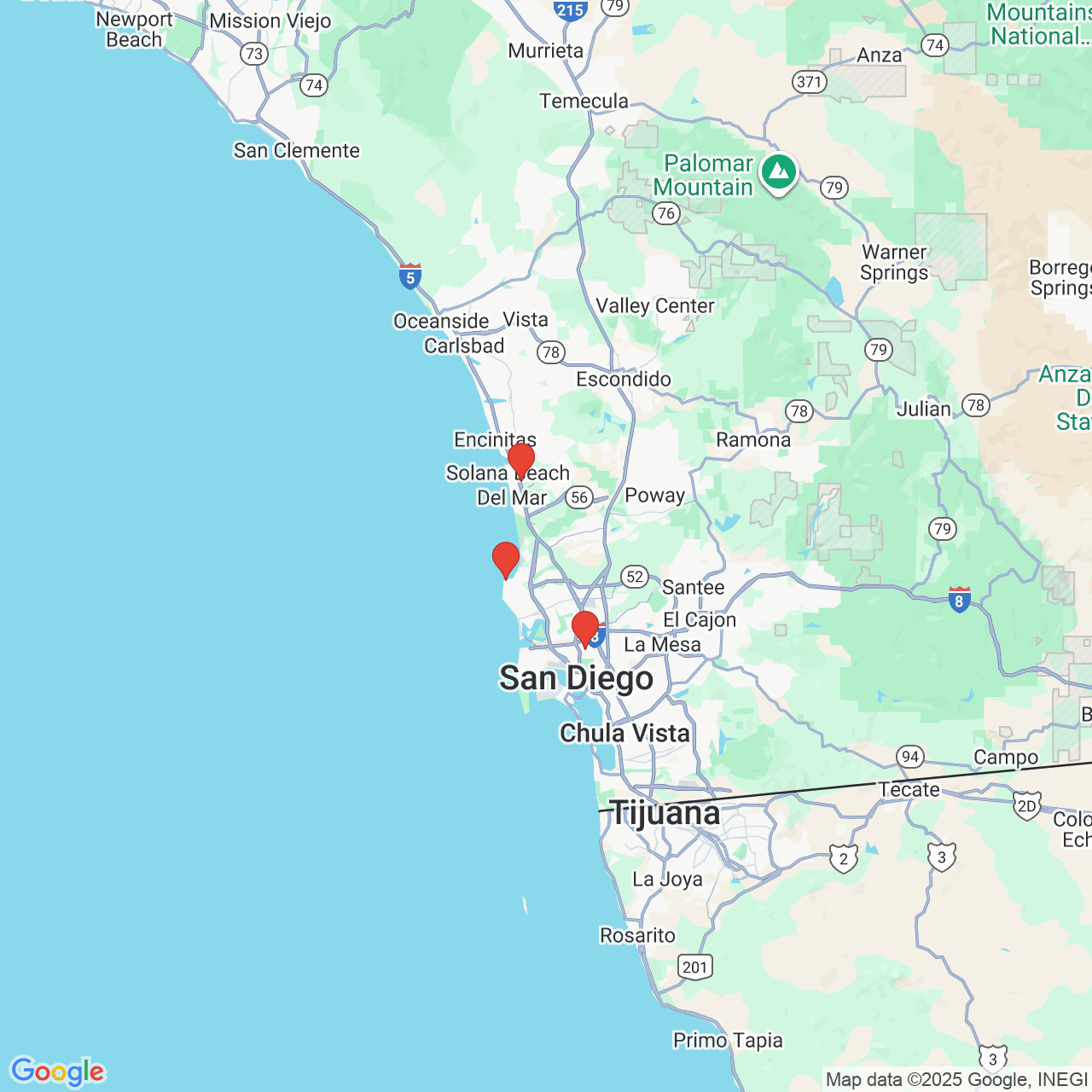Are There Vision Conditions That Only Affect One Eye?

Numerous people are born with vision impairment or experience vision loss as a natural part of the aging process. Many others experience vision loss as a side effect of eye diseases or conditions. Eye conditions can compromise ocular health or functions. While some eye conditions are bilateral, meaning they affect both eyes, others are unilateral, meaning they affect one eye.
Here, the optometrists at GW Eye Associates discuss eye conditions that affect only one eye and how comprehensive eye care can be crucial in diagnosing and treating eye conditions before our La Jolla, Carmel Valley, and San Diego, CA, patients suffer irreversible damage or vision loss.
Amblyopia
Amblyopia, commonly known as “lazy eye,” is the most common cause of vision loss among children. Amblyopia is unique in that it nearly always affects only one eye. The condition develops when the nerve pathways between the eye and brain malfunction, leaving the brain unable to process images from one eye. Over time, the brain favors the other eye, and vision in the weaker eye worsens. Common amblyopia symptoms include eye misalignment (cross-eyed), poor depth perception, squinting, and a perpetual tilt or head-turning (to see better).
Glaucoma
Glaucoma is a top cause of vision loss among individuals aged 60 and older. The condition often develops when intraocular pressure increases, causing damage to the optic nerve. Glaucoma may not cause symptoms initially, but affected individuals gradually experience vision loss, most often starting with peripheral vision. Most people develop glaucoma in both eyes, but it can be unilateral or affect one eye more than the other.
Cataracts
Cataracts are clumps of protein that build up on the eye’s clear lens. Cataracts are progressive. As cataracts grow, they cloud over the lens and compromise vision. Cataracts can make vision blurry or hazy and make colors appear dull. Cataracts may affect one or both eyes.
Retinal Tear or Detachment
A retinal tear occurs when the vitreous (the gel-like substance inside the eye) pulls on the retina (the light-sensitive tissue that lines the back of the eye) and causes a split. A retinal tear can cause blurry vision, darkening vision, flashes, or floaters. If a retinal tear is left untreated, it can lead to retinal detachment, a complete separation of the retina. Retinal tears and detachment most commonly affect just one eye.
Comprehensive Eye Care to Diagnose Unilateral Eye Conditions
Like many other eye diseases, unilateral eye conditions do not always produce symptoms in their beginning stages. The best way to diagnose and treat eye conditions before permanent damage occurs is to undergo routine eye exams. We recommend that patients schedule comprehensive eye exams once every one to two years, depending on their age, medical history, and risk of eye diseases.
Contact Us
Whether eye conditions affect one or both eyes, diagnosis and treatment are vital to preserving vision, which is why comprehensive eye care is essential. If you are due for a routine eye exam, we invite you to schedule an appointment at GW Eye Associates. To get started, contact our office online at your earliest convenience.


